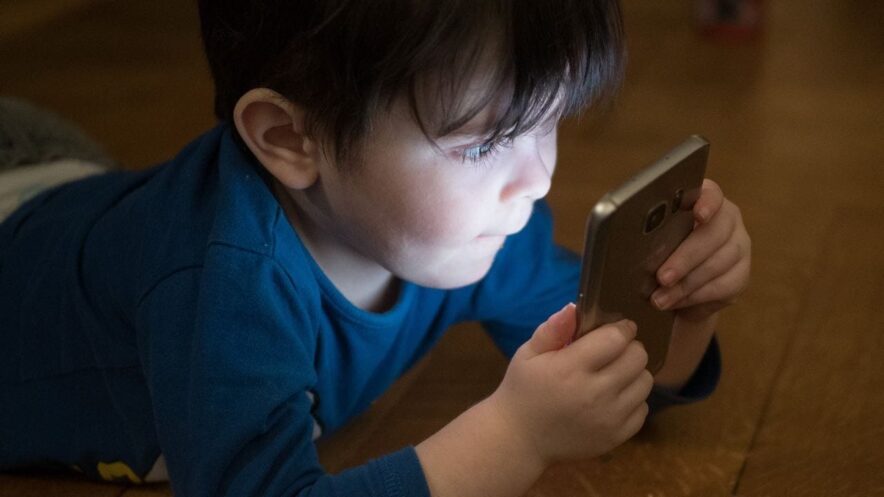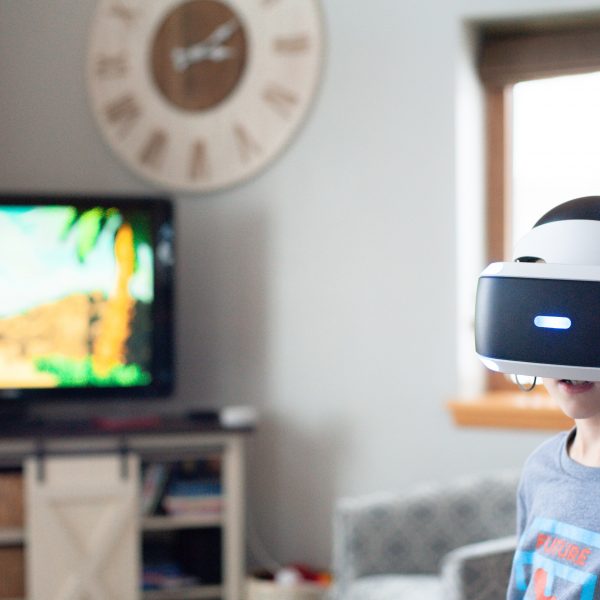New research on devices and hyperactivity may shift educators perceptions

Rather than mobile devices making children hyperactive, it may well be that children who are “fidgety” and hard to keep occupied are given mobile devices more, the latest research from the Alpha Generation Lab at the Department of Ethology at Eötvös Loránd University (ELTE) has found.
While several studies have suggested that early and excessive TV viewing can lead to later attention problems and hyperactivity, the reverse is also true: fidgety, restless children are more likely to use digital devices, and parents are also more likely to engage their children with gadgets. To maintain their alertness level, hyperactive children need constant stimulation which is easily provided in the fast-paced, colorful stimuli of video games and movies.
The relationship between digital devices and hyperactivity/attention deficit is therefore a two-way street, with bidirectional effects influencing one another, researchers argue.
Until now, almost only the link between the use of older media – mainly TV viewing – and the development of behavioral problems has been studied. However, children today are using more modern devices (such as tablets and mobile phones) at an increasingly younger age.
In particular, few studies have followed up children’s use of mobile devices and the development of behavioral problems over time. But such studies are very important because they can tell us which came first: the chicken or the egg – the behavioral problem or the mobile phone use.
The Alpha Generation Lab at the Department of Ethology at ELTE has tried to fill this gap. Parents of preschool children aged between four and six years of age were asked to fill in a questionnaire on their child’s mobile/tablet use and behavioral problems. After 3 years – when the children were between seven and nine years old – they were asked to fill in the questionnaires again.
“We found that the level of hyperactivity and attention deficit in preschool predicted the amount of mobile use in school, meaning that the more fidgety and distracted a child is in preschool, the more gadgetry they use in early school,” researchers said.
“This can be explained by the fact that parents are more likely to use digital devices to distract or engage these children, and the children themselves are more likely to seek stimulating, intense content,” Veronika Konok, head of the research team at the Alpha Generation Lab, explained.
However, the amount of mobile phone use during preschool did not predict the extent of hyperactivity and attention deficit during early school years.
“We can conclude that mobile use in early childhood does not lead to hyperactivity/attention deficit, unlike, for example, watching TV. But we need to interpret this result carefully, as the lack of correlation could be due to, for example, the low number of participants, with only 100 parents completing the questionnaire for the second time, or other factors. We do not recommend anyone to allow unlimited mobile phone use for their pre-school children based on the results of this research,” fellow researcher Rebeka Szőke, PhD student at the Alpha Generation Lab added.
Another reason for the lack of correlation could be that mobile apps for preschoolers are often developmental and less over-stimulating than, for example, cartoons or violent games for older children.
Longitudinal Associations of Children’s Hyperactivity/ Inattention, Peer Relationship Problems and Mobile Device Use was published in Sustainability.
Popular

Quality
Practice
Provider
Research
Workforce
Honouring the quiet magic of early childhood
2025-07-11 09:15:00
by Fiona Alston

Policy
Practice
Provider
Quality
Workforce
Minister Jess Walsh signals urgent action on safety and oversight in early learning
2025-07-11 08:45:01
by Fiona Alston

Workforce
Policy
Quality
Practice
Provider
Research
The silent oath: Why child protection is personal for every educator
2025-07-17 09:00:31
by Fiona Alston











